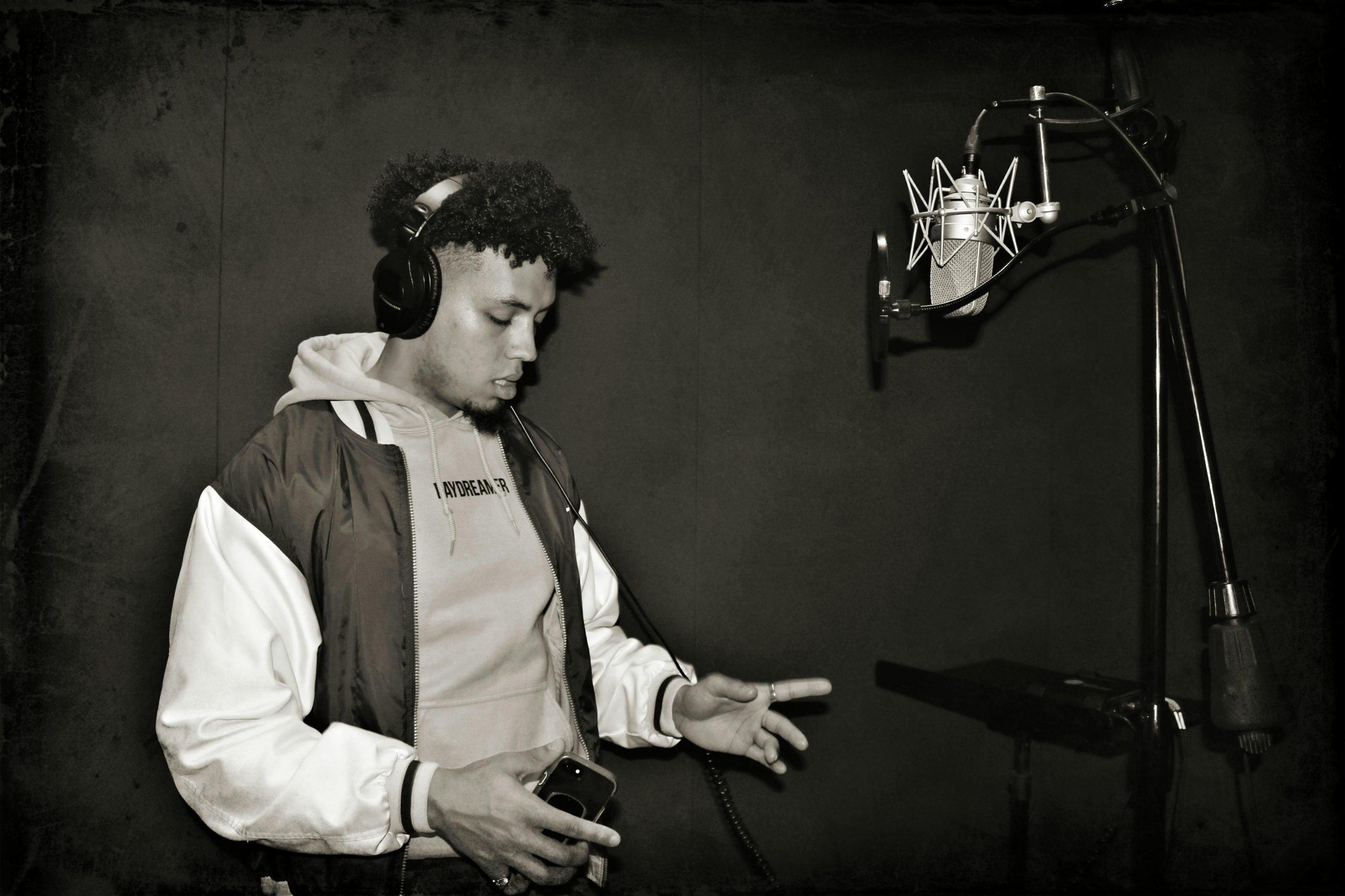Artificial intelligence (AI) is revolutionizing countless industries, and music production and composition are no exceptions. From AI-powered tools that assist in mixing and mastering to algorithms that generate original compositions, technology is reshaping how music is created, produced, and consumed. As AI continues to evolve, its influence on the music industry grows, offering both exciting opportunities and new challenges for artists, producers, and listeners alike.
AI in Music Composition: From Assistive Tools to Autonomous Creators
One of the most groundbreaking applications of AI in music is its ability to compose original pieces. AI-powered platforms like OpenAI’s MuseNet and Google’s Magenta project use deep learning algorithms to analyze vast datasets of existing music and generate new compositions in various styles. These tools can mimic classical composers like Beethoven or create entirely new genres by blending different musical influences.
AI composition tools are not just for experimental purposes—many artists now use them as collaborative partners. For example:
- Inspiration and ideation: AI can generate melodies, chord progressions, or rhythms that musicians can refine and build upon.
- Customization: Some tools allow users to input specific parameters, such as mood, tempo, or instrumentation, to tailor compositions to their needs.
- Learning and experimentation: Emerging musicians can use AI to explore different musical styles without needing extensive theoretical knowledge.
While AI-generated music raises questions about originality and copyright, it undeniably expands creative possibilities for artists.
AI in Music Production: Enhancing Efficiency and Creativity
Beyond composition, AI is transforming the technical aspects of music production. Mixing, mastering, and sound design—once labor-intensive tasks—are now being streamlined with AI-driven tools. Companies like LANDR and iZotope offer AI-powered mastering services that analyze tracks and apply optimal adjustments in minutes, saving producers hours of manual work.
Key innovations in AI-driven production include:
- Automated mixing: AI can balance levels, EQ, and compression to achieve professional-sounding mixes.
- Vocal processing: Tools like Antares Auto-Tune Pro use AI to enhance pitch correction and vocal effects seamlessly.
- Sound synthesis: AI models can generate realistic instrument sounds or entirely new sonic textures.
These advancements democratize music production, allowing independent artists to achieve high-quality results without expensive studio time.
AI in Music Discovery and Personalization
AI isn’t just changing how music is made—it’s also reshaping how listeners discover and experience it. Streaming platforms like Spotify and Apple Music leverage AI algorithms to curate personalized playlists, recommend new artists, and even predict future hits. By analyzing listening habits, AI can tailor music suggestions to individual tastes with remarkable accuracy.
Additionally, AI-driven platforms like Endel create adaptive soundscapes that respond to a listener’s environment or biometric data, offering a new dimension of personalized audio experiences. This trend highlights how AI is blurring the lines between creator, producer, and consumer in the music ecosystem.
Challenges and Ethical Considerations
Despite its benefits, AI’s role in music raises important ethical and legal questions. Issues such as copyright ownership of AI-generated works, the potential displacement of human musicians, and the authenticity of AI-assisted art are hotly debated. For instance, if an AI creates a hit song, who owns the rights—the developer, the user, or the AI itself?
Other concerns include:
- Bias in training data: AI models trained on limited or biased datasets may perpetuate certain musical styles while neglecting others.
- Over-reliance on automation: Some fear that excessive use of AI tools could lead to homogenized music lacking human emotion.
- Job displacement: As AI handles more production tasks, some traditional roles in the music industry may become obsolete.
Addressing these challenges will be crucial as AI continues to integrate into the music world.
The Future of AI in Music
The intersection of AI and music is still in its early stages, but the potential is immense. Future developments may include:
- Real-time collaboration: AI systems that interact with musicians during live performances, adapting to their playing in real time.
- Hyper-personalized music: AI-generated tracks tailored not just to preferences but to a listener’s current mood or activity.
- New genres and styles: AI could pioneer entirely new forms of music by combining unconventional elements in ways humans haven’t explored.
As AI technology advances, its role in music will likely shift from being a tool to a creative partner, opening doors to unprecedented artistic possibilities.
AI is undeniably transforming music production and composition, offering innovative tools that enhance creativity, efficiency, and personalization. While challenges remain, the synergy between human artistry and artificial intelligence promises to redefine the future of music. Whether you’re a musician, producer, or listener, understanding these trends will help you navigate—and embrace—the evolving soundscape shaped by AI.
